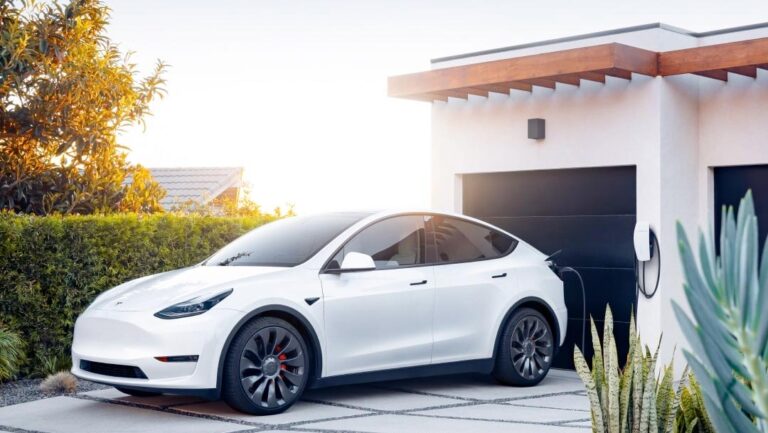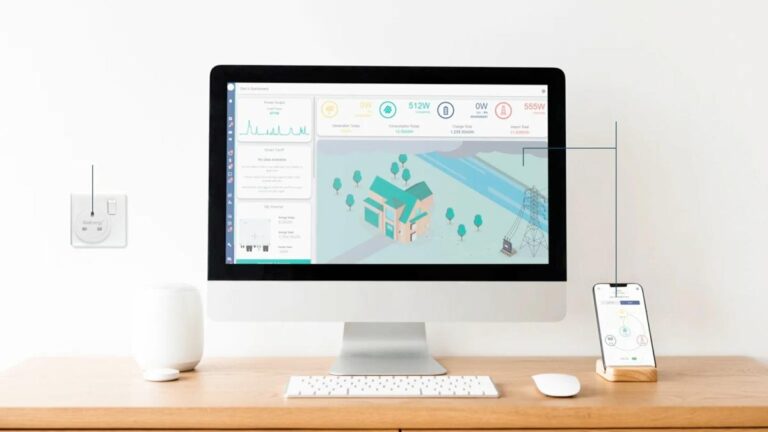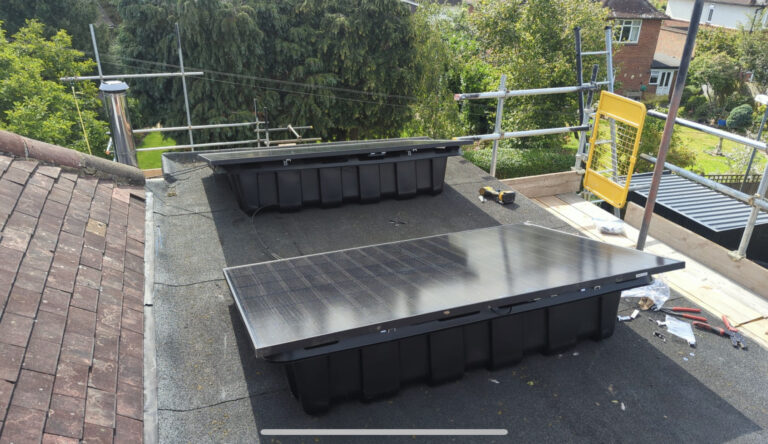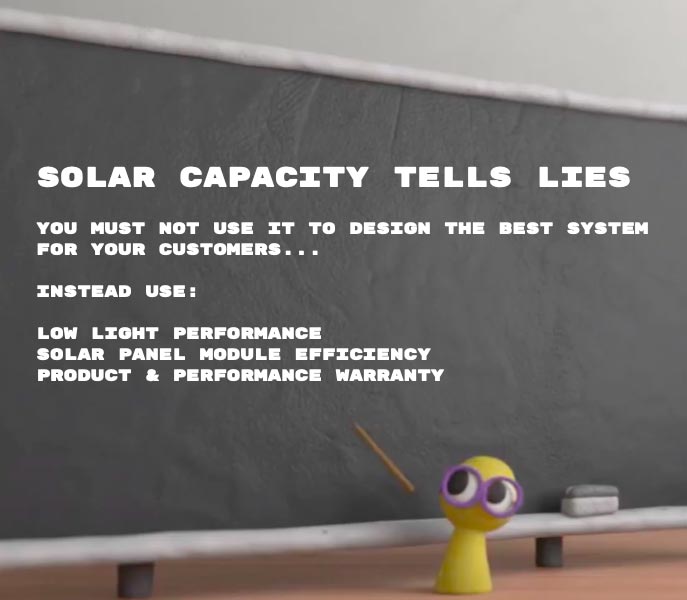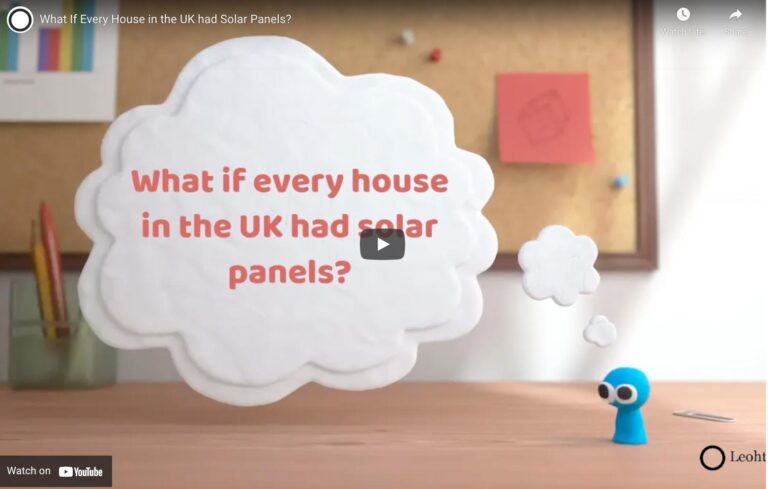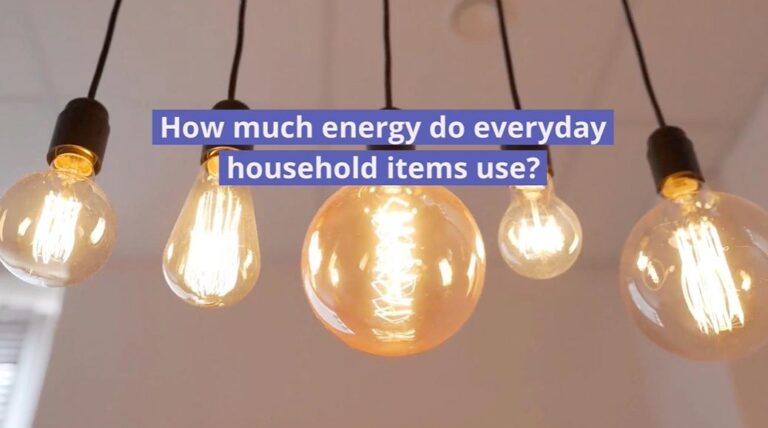Correction: Not all solar panels are suitable to walk on*
Yes.
Just like cleaning your windows to let in more light, it is also worth adding your solar panels to the window cleaning schedule.
Remember – the more light getting to the solar cells means the more electrons are knocked loose, which means your solar panels will generate more electricity.
Leaves, bird mess, dust/sand can build up on your solar panels and reduce the amount of light getting to the solar cells.
Do I need a specialist to clean my solar panels?
No.
Solar panels are incredibly tough. They are built to withstand severe hailstorms to installers walking on them during installation. You will not be able to break them without considerable effort.
We advise spraying them with water to wash away dust/sand/leaves. Solar panels are water repellent so they will clean themselves when it rains, however, there might be a long dry spell, or a stubborn leaf, so it’s good to keep on top of things.
For more stubborn dirt, we suggest using a long pole with a soft brush at the end or asking your window cleaner to also clean the solar panels – they are just incredibly tough windows after all!
I have been approached by a company offering to clean my solar panels for a large fee and/or making claims about improved performance, what should I do?
Ignore them. Do not respond and block their phone number.
Solar panel cleaning shouldn’t cost more than your existing window cleaner, who may not even charge extra to brush your solar panels if you ask nicely!
Check if they’re MCS certified or a member of the Renewable Energy Consumer Code.
If they are persistent or will not leave you alone, you can report them to the RECC at https://www.recc.org.uk/ or Action fraud https://www.actionfraud.police.uk/
One of the many reasons I started Leoht was because a family member (88 years old) was convinced by a company that would not leave his home, to pay £2000 for a solar panel cleaning and maintenance check. Unfortunately, there are people who will seek to take advantage, which is why Leoht writes so many of these articles – helping consumers make educated choices.
Always check if they’re MCS certified or a member of the RECC.
There are 100s of honest installers around, if in doubt they’ll be happy to help. Or of course, you can also phone Leoht on 01273 286 627.


